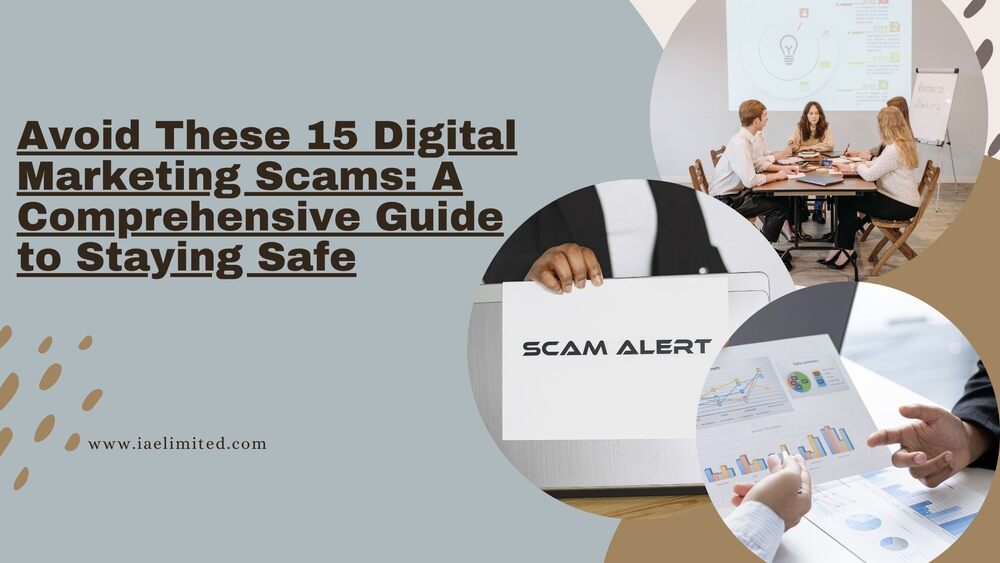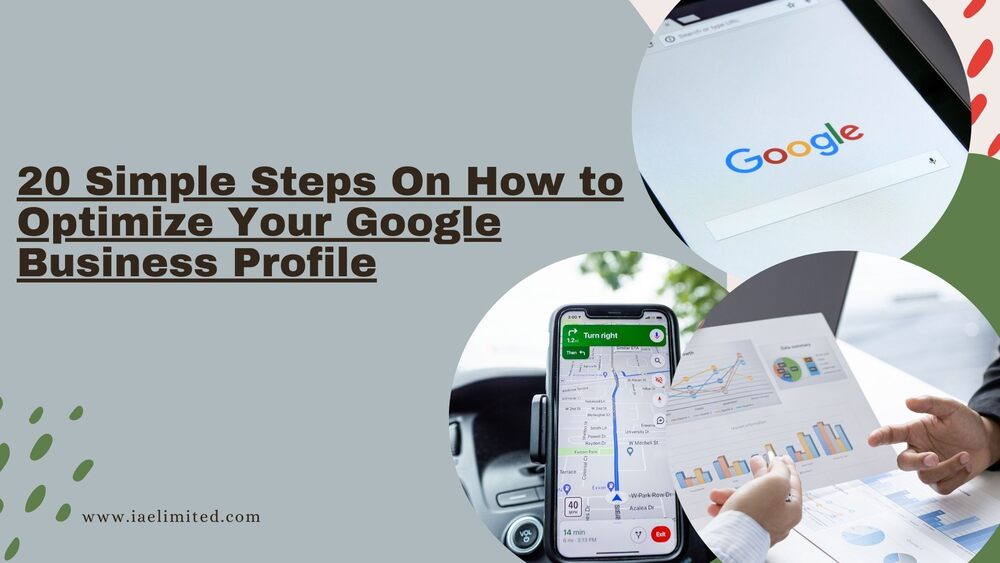Step-By-Step Guide to E-Commerce Digital Marketing: Marketing Tips for Beginners

This guide provides a comprehensive overview of e-commerce digital marketing, offering strategies and tips to help you grow your online business. By following these guidelines, you’ll be well on your way to achieving success in the competitive e-commerce landscape.
The Beginner’s Guide to E-commerce Digital Marketing
E-commerce digital marketing is essential for businesses that want to thrive online. Whether you are just starting or looking to improve your current strategies, understanding how to effectively market your e-commerce store can make all the difference. This guide will walk you through the basics and beyond, giving you the tools you need to succeed.
What is E-commerce Digital Marketing?
Table of Contents
E-commerce digital marketing refers to the methods used to promote an online store and its products. It includes a variety of strategies and techniques aimed at driving traffic, increasing sales, and growing the business.
This form of marketing is crucial for any online business that wants to reach a larger audience and convert visitors into customers.
Why is Digital Marketing Important for E-commerce?
Digital marketing allows e-commerce businesses to connect with their target audience where they spend a significant amount of time—online. Through well-crafted campaigns and tactics, businesses can attract potential customers, engage them with valuable content, and guide them towards making a purchase. Without a solid digital marketing strategy, e-commerce businesses may struggle to gain visibility and compete in a crowded market.
Understanding E-commerce Digital Marketing
E-commerce digital marketing is a broad field that encompasses several different strategies. Here are some of the key components:
- Search Engine Optimization (SEO): SEO is vital for getting your e-commerce store noticed by search engines like Google. By optimizing your website for relevant keywords, you can improve your ranking and attract more organic traffic.
- Content Marketing: Creating valuable content that answers customer questions or solves problems can attract potential buyers to your store. This could include blog posts, product guides, videos, and more.
- Social Media Marketing: Social media platforms like Facebook, Instagram, and Pinterest are great for promoting your products and engaging with customers. These platforms also allow for targeted advertising, which can be very effective.
- Email Marketing: Email marketing remains one of the most powerful tools for e-commerce businesses. By building an email list, you can directly reach out to customers with promotions, new product launches, and personalized recommendations.
- Pay-Per-Click Advertising (PPC): PPC allows you to bid on keywords and display ads to people searching for those terms. This can drive targeted traffic to your e-commerce store quickly.
Digital Marketing Strategies for E-commerce
To succeed in e-commerce digital marketing, you need to implement effective strategies that align with your business goals. Here are some essential strategies to consider:
SEO for E-commerce
SEO should be a top priority for any e-commerce business. Start by researching the keywords your target audience is searching for and optimize your website’s content around those terms.
This includes optimizing product descriptions, meta tags, and creating high-quality content. Remember to focus on both on-page and off-page SEO techniques to improve your site’s visibility.
Leveraging Social Media
Social media is a powerful tool for building brand awareness and driving traffic to your e-commerce store. Create engaging posts that showcase your products, share customer reviews, and provide behind-the-scenes looks at your business. Utilize paid advertising options on these platforms to target specific demographics and increase your reach.
Content Marketing
Content marketing involves creating and sharing valuable content that attracts and engages your target audience. This could be in the form of blog posts, videos, infographics, and more.
The goal is to provide value to your audience, which can lead to increased trust and loyalty. Additionally, content marketing helps improve your SEO efforts by generating backlinks and increasing site authority.
Email Marketing Campaigns
Email marketing allows you to communicate directly with your customers and prospects. Use personalized email campaigns to promote new products, offer special discounts, and share useful content.
Segment your email list to ensure that your messages are relevant to different groups of customers. For example, you might send different emails to new customers versus repeat buyers.
PPC Advertising
PPC advertising can be an effective way to quickly generate traffic and sales. Platforms like Google Ads and Facebook Ads allow you to bid on specific keywords and target ads to specific audiences.
The key to success with PPC is to monitor your campaigns closely and adjust your bids and ad copy based on performance data.
Customer Acquisition Strategies
Acquiring new customers is a major focus for e-commerce businesses. Here are some strategies to help you attract and retain customers:
- Offering Discounts and Promotions: One of the simplest ways to attract new customers is by offering discounts or promotions. These incentives can encourage first-time buyers to make a purchase and can also drive repeat business.
- Optimizing Your Website: A well-designed, user-friendly website can significantly impact customer acquisition. Ensure that your site is easy to navigate, mobile-friendly, and fast-loading. Also, make the checkout process as smooth as possible to reduce cart abandonment.
- Utilizing Influencer Marketing: Partnering with influencers in your niche can help you reach a wider audience. Influencers have built trust with their followers, and a recommendation from them can lead to increased sales for your e-commerce store.
- Building a Strong Brand: Branding is crucial in e-commerce. Develop a consistent brand identity that resonates with your target audience. This includes your logo, color scheme, tone of voice, and overall customer experience.
- Engaging with Your Audience: Active engagement with your audience on social media and through email marketing can help you build relationships and trust. Respond to comments and messages promptly and create content that encourages interaction.
Measuring Success in E-commerce Digital Marketing
To ensure that your e-commerce digital marketing efforts are paying off, you need to track key metrics and analyze the data. Here are some important metrics to monitor:
- Website Traffic: Track how many visitors your website is receiving and where they are coming from (organic search, social media, email, etc.).
- Conversion Rate: The percentage of visitors who make a purchase is your conversion rate. A higher conversion rate indicates that your marketing efforts are effective.
- Customer Acquisition Cost (CAC): This metric measures how much it costs to acquire a new customer. Lowering your CAC can increase your profitability.
- Return on Investment (ROI): Calculate the ROI of your marketing campaigns to determine if they are generating a positive return. This involves comparing the revenue generated from a campaign to the cost of running it.
- Customer Lifetime Value (CLV): CLV estimates the total revenue a customer will generate over their lifetime with your business. Increasing CLV can significantly impact your bottom line.
In Conclusion: The Future of E-commerce Digital Marketing
E-commerce digital marketing is constantly evolving, with new trends and technologies emerging regularly. To stay competitive, it’s important to keep up with these changes and adapt your strategies accordingly.
Focus on building strong relationships with your customers, delivering value through your content, and staying agile in your marketing efforts. By doing so, you can position your e-commerce business for long-term success.
Frequently Asked Questions (FAQs)
- What is e-commerce digital marketing?
E-commerce digital marketing is the practice of promoting an online store through various digital channels to increase traffic and sales. - How can digital marketing help e-commerce businesses grow?
Digital marketing helps e-commerce businesses reach a larger audience, engage customers, and drive more sales through targeted campaigns. - What are the best digital marketing strategies for e-commerce?
SEO, social media marketing, content marketing, email marketing, and PPC advertising are among the most effective strategies. - How does SEO impact e-commerce success?
SEO improves your website’s visibility in search engines, leading to more organic traffic and potential sales. - Why is social media important for e-commerce?
Social media allows you to connect with your audience, promote products, and run targeted ads to boost sales. - What are effective content marketing strategies for e-commerce?
Creating valuable blog posts, videos, and guides that address customer needs can attract more visitors and build trust. - How can email marketing boost e-commerce sales?
Email marketing enables you to send personalized promotions, product recommendations, and updates directly to your customers. - What role does pay-per-click advertising play in e-commerce?
PPC advertising drives targeted traffic to your website by displaying ads to users who are actively searching for products like yours. - What are key metrics to measure success in e-commerce marketing?
Website traffic, conversion rate, CAC, ROI, and CLV are crucial metrics to track for assessing your marketing performance. - How can e-commerce businesses stay ahead of digital marketing trends?
By continuously learning, experimenting with new strategies, and adapting to changes in technology and consumer behavior.
In case you missed it, we recently published a post on, Top 5 Crypto Wallets for 2024: Safeguard Your Assets with the Best in the Market. This article will guide you through the top 5 crypto wallets for 2024, helping you make an informed decision that balances security and convenience.





